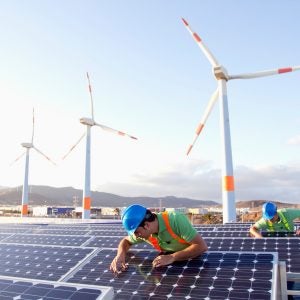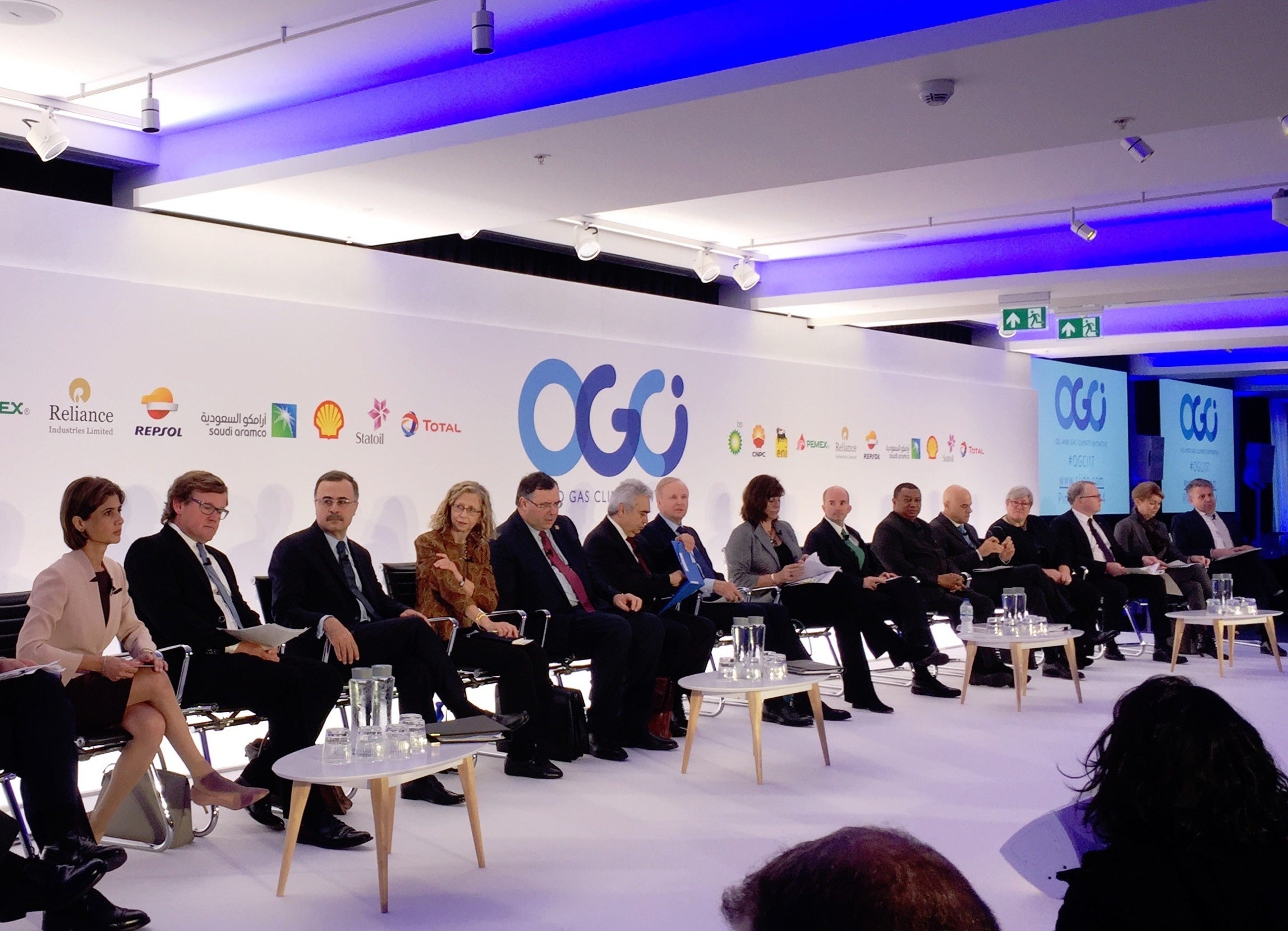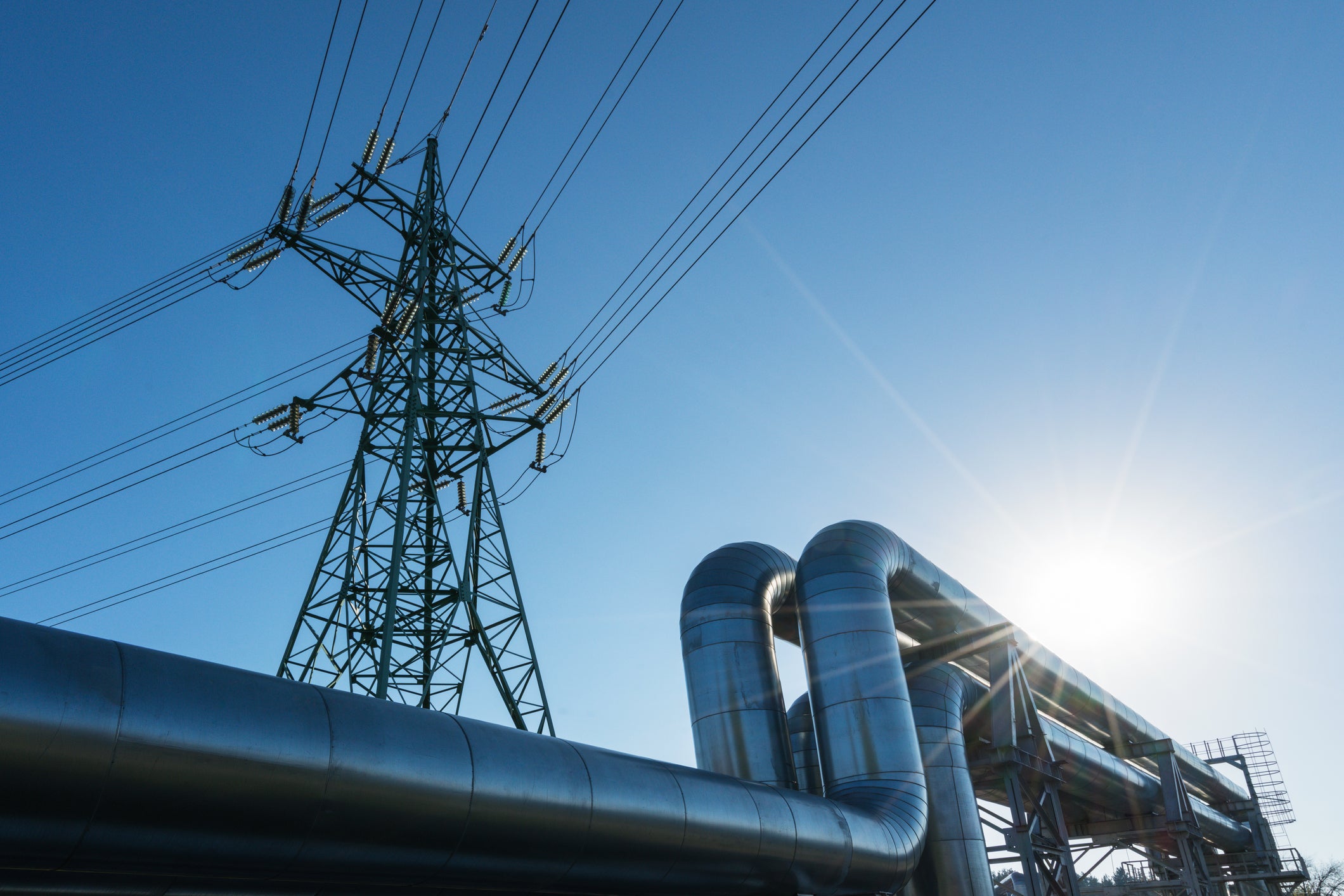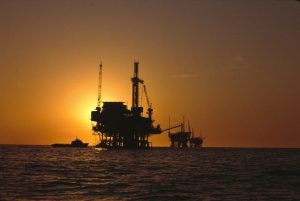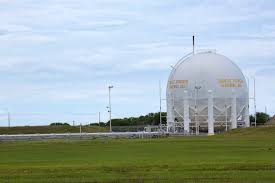
Hydrogen separated from water using renewable electricity — so called ‘green hydrogen’ — might be economically viable someday. But for now, the cheapest way to make hydrogen is by converting natural gas. Natural gas is a major source of carbon dioxide emissions; it also consists mostly of methane, which is itself a greenhouse pollutant, with over 80 times the near-term warming power of carbon dioxide.
When it comes to climate change and achieving a net-zero carbon future, natural gas solves nothing unless both carbon dioxide and methane emissions associated with its production, distribution and use are fully controlled. Opening up a whole new market for converting gas to hydrogen without clearly establishing how those emissions will be dealt with would only make a serious problem much worse.
The European Commission recently released two major energy policy strategies in which methane and role of natural gas are at issue.










